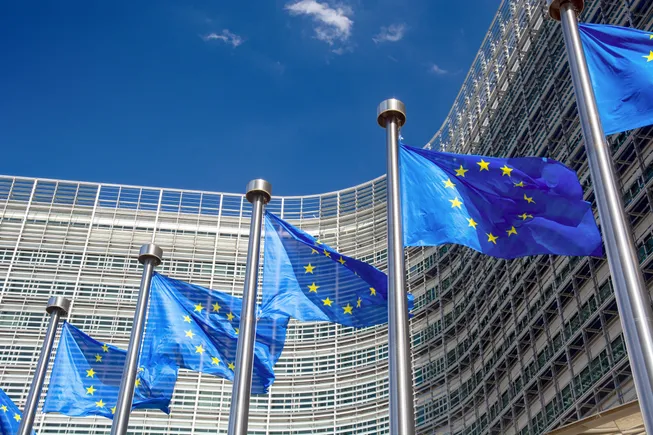Regeneron cancer bispecific rejected again; Allogene discloses trial death


Today, a brief rundown of news involving Regeneron Pharmaceuticals and Allogene Therapeutics, as well as updates from Bristol Myers Squibb, Biogen, and Argenx that you may have missed.
Regeneron said two more of its new drugs hit regulatory setbacks because of Food and Drug Administration inspection issues at a third-party manufacturing plant. The company received a complete response letter for its bispecific cancer antibody odronextamab in lymphoma on July 30, due to issues at an Indiana factory that Novo Nordisk recently acquired from Catalent. In addition, the FDA will delay a decision on an application for high-dose Eylea processed at that plant. The odronextamab setback will require Regeneron to refile its application. The FDA previously rejected another Regeneron bispecific antibody, now approved as Lynozyfic, in multiple myeloma because of third-party manufacturing issues. — Jonathan Gardner
Allogene Therapeutics is stopping use of an experimental immunosuppresive antibody called ALLO-647 following the death of a study participant, the company said Friday. ALLO-647 is part of a regimen meant to prepare patients for treatment with Allogene’s donor-derived cell therapy for blood cancer, cema-cel. But the antibody has been associated in rare cases with severe viral infections and, in this instance, was deemed related to an adenovirus infection that triggered liver failure in a participant in Allogene’s pivotal trial. Allogene has closed the study arm with ALLO-647 and won’t use it in future trials. It will move forward with a standard two-drug immunosuppressive regimen often used in cancer cell therapy. Results from the pivotal trial are still expected next year, the company said. — Ben Fidler
Bristol Myers Squibb boosted its revenue outlook for 2025 by $700 million, driven by higher-than-expected sales of its off-patent cancer drug Revlimid. The company now expects full-year sales to be between $46.5 and $47.5 billion, although that may not flow through to the bottom line because of the $1.5 billion it has spent this year to license a BioNTech cancer drug. The unexpectedly high $838 million in Revlimid sales in the second quarter were part of a broader overperformance by the company, which beat Wall Street consensus for both its old and new drug business lines. Sales of Eliquis, Opdivo and Reblozyl were higher than expected, although cell therapy Abecma and new psoriasis drug Sotyktu were below, according to Leerink Partners analyst David Risinger. — Jonathan Gardner
Biogen shares rose as much as 7% Thursday after the biotechnology company’s latest earnings report surpassed Wall Street expectations. The company recorded $2.6 billion in revenue from April through the end of June, with $160 million coming from Leqembi, its closely watched drug for Alzheimer’s disease. Biogen also raised its forecasts for 2025 revenue and earnings per share. To Brian Abrahams, an analyst at the investment bank RBC Capital Markets, the results were indicative that Biogen’s efforts to turn around the business are starting to show. “We see considerable room for upside,” he wrote in a note to clients. — Jacob Bell
Shares of Argenx climbed by double digits following quarterly sales numbers for its autoimmune drug Vyvgart that handily topped investor expectations. According to Argenx, the company’s multiple Vyvgart formulations combined to generate nearly $949 million in revenue between April and June, beating consensus estimates by more than $80 million. The “blowout” performance included “impressive” numbers across Vyvgart’s approved indications and different versions, wrote William Blair analyst Myles Minter on Thursday. Leerink Partners’ Thomas Smith now projects more than $9 billion in combined peak yearly sales. Argenx’s market value rose past $40 billion on the news. — Ben Fidler
This post has been syndicated from a third-party source. View the original article here.




